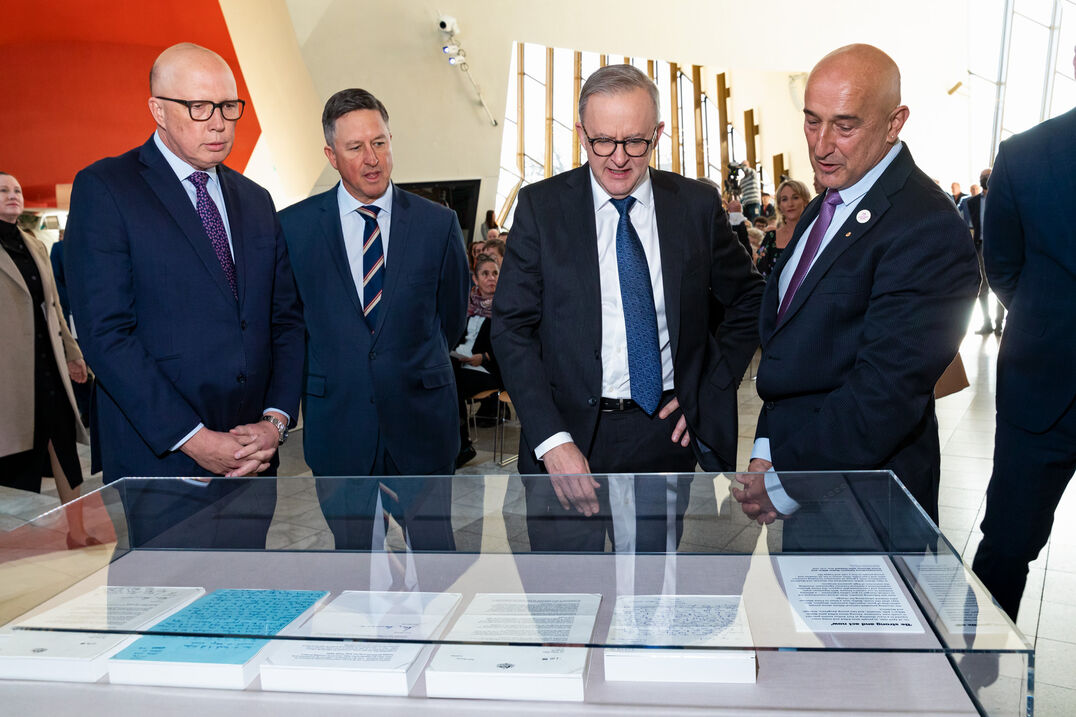Concern is growing in Australia over the alarming rise of 3D-printed and privately made firearms, or ‘PMFs.’
Earlier this week, the ABC’s 7:30 program aired a story on this dangerous trend. As that story made clear, this has gone well beyond an ‘emerging issue’ to become a national threat for law enforcement and for the safety of the community.
Sarah Davies AM, CEO of the Alannah & Madeline Foundation, said these dangerous, easily-assembled weapons—often indistinguishable from traditional firearms—highlight an escalating crisis.
“Community safety is at risk. These privately made firearms can be manufactured cheaply, distributed quickly, and discarded without a trace. It’s urgent that we close the loopholes that enable them,” said Ms Davies.
From the shadows of the Port Arthur tragedy in 1996, all Australian Governments came together to strengthen our gun laws, banning automatic and semi-automatic guns and initiating a national buyback. Sadly though, today there are more firearms in Australia than prior to Port Arthur, and new threats – such as 3D-printed weapons – are emerging every day.
“The accessibility and underground nature of these firearms has us deeply concerned and we will continue to champion gun safety relentlessly,” added Ms Davies.
Operation Athena holds Privately Made Firearms Symposium
The Alannah & Madeline Foundation recently participated in the Privately Made Firearms (PMFs) symposium convened by Operation Athena, a law enforcement group established under the Serious and Organised Crime Coordination Committee (SOCCC). SOCCC comprises representatives from all Australian policing jurisdictions as well as New Zealand Police and several Australian Commonwealth agencies.
The Chair of Operation Athena, Deputy Superintendent John Watson APM, was interviewed for the ABC’s 7:30 story and outlined the risks of these firearms.
He summarised that privately made firearms are relatively low cost to assemble, often with a combination or 3D-printer and other lawfully procured materials. The design files are available online if you know where to look. They can be made, distributed, used and destroyed easily.
“The Foundation commends the national effort by police and law enforcement to disrupt this disturbing trend,” said Ms Davies.
Stephen Bendle, Convenor of the Australian Gun Safety Alliance and the Foundation’s Gun Safety Advocacy program, said one of the ways to disrupt the 3D printing of guns is to prohibit the possession of the digital blueprints.
“We are advocating for more states to follow the lead of New South Wales and Tasmania, where legislation now prohibits the possession of digital blueprints for 3D printed firearms. Last week, we submitted our comments on South Australia’s proposed legislation.”
The Foundation and the Australian Gun Safety Alliance also recently wrote to all other jurisdictions encouraging Police Ministers to act urgently to strengthen their legislation and regulatory framework.
“We can’t afford inaction. Every jurisdiction must act decisively to prevent access to digital files that could lead to these illegal firearms getting in the wrong hands,” Mr Bendle emphasised.
The Alannah & Madeline Foundation will continue to work with all jurisdictions on matters of firearm policy, legislation and regulation to keep communities and children safe.
We will continue to advocate to government and decision-makers about the critical importance of holding the line on our state and federal firearms laws and regulations, and ensuring that Australia's gun laws remain responsible, safe and strong.
Learn more about our Advocacy work or visit our sister site the Australian Gun Safety Alliance.





